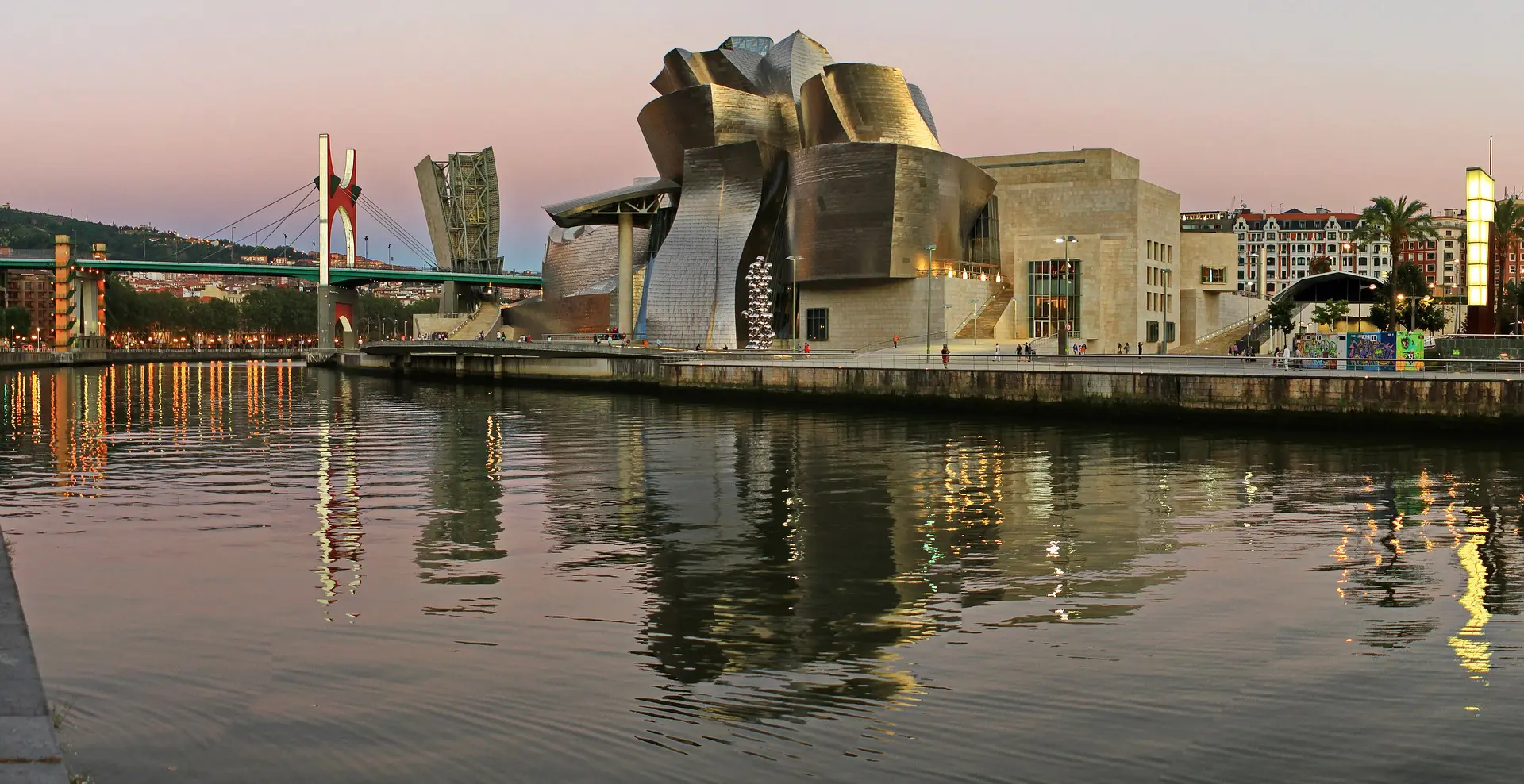
LONDON: The Climate Group has published a new case study on Bidelek Sareak, an innovative public-private partnership between the Basque Energy Agency and Iberdrola Distribución Eléctrica, aiming to modernize the electricity grid in several urban and rural areas of the region.
The case study is part of The Climate Group’s Energy Transition Platform – a global initiative supporting highly industrialized sub-national governments in accelerating the low carbon transition.
Smart grids incorporate information and communications technology into electricity generation, transport and consumption, with the aim of minimizing environmental impacts, improving reliability and quality of electricity supply, and reducing costs for suppliers and consumers.
SOCIAL, ENVIRONMENTAL AND ECONOMIC BENEFITS
In the Basque Country, smart grids were identified as a strategic development area in 2010, when the government recognized the importance of their social, environmental and economic benefits. In addition to benefitting consumers through a more reliable, flexible and cheaper electricity supply, the roll-out of smart grids was recognized as an innovative way to support the local industry and enhance its competitiveness.
“We must not forget that the energy transition is not a governmental issue, it is a social issue. We believe that giving people transparent access to their energy consumption will be a key driver of this transition,” said Aitor Oregi, Director of Energy, Mines and Industrial Administration, Government of the Basque Country.
In September 2011, the Basque Energy Agency partnered with Iberdrola Distribución, an electricity supplier headquartered in Bilbao, to initiate the project. The Energy Agency provided expertise on energy savings and demand management, with Iberdrola Distribución leading on the technological implementation of the project.
The project led to the installation of over 400,000 smart meters and the modernization of more than 2,000 transformation centers in six years. Basque industry also significantly benefitted from the partnership, with Iberdrola purchasing €340 million worth of equipment from Basque companies.
LEADERSHIP ROLES
In addition to the Basque Country, other states and regions have shown their leadership in the deployment of smart grids: in the Annual Disclosure Report 2016, 16 regional governments indicated they were already installing smart grids, while three more reported they were planning to do so in the next two years.
For example, Oppland (Norway) is currently implementing a region-wide smart meter roll-out to be finalized by 2019, while Brittany (France) is moving forward with SMILE (Smart Ideas to Link Energies), a €260 million project bringing together 70 companies and local and municipal authorities to foster the deployment of smart grid technologies throughout the region. Among the governments that are planning to develop smart grids in the next couple of years, New York State is notably supporting research on advanced metering and customer engagement through its NYS Smart Grid Consortium.
On a larger scale, smart grid technologies, and most especially smart meters, are rapidly becoming the norm: according to the Edison Foundation, there are over 70 million digital smart meters across the US, covering more than 55% of all households. Those numbers are projected to reach 90 million by 2020. In Europe, it is estimated that 72% of consumers will be equipped with a smart electric meter by 2020.
Download the Basque Country case study here and find all the Energy Transition Platform’s case studies here.
The Energy Transition Platform was launched by The Climate Group, with the initiative’s lead government, North Rhine-Westphalia, and Stiftung Mercator, in early 2016. The Platform connects highly-industrialized, carbon-intensive state and regional governments in developing and implementing clean energy policies.







